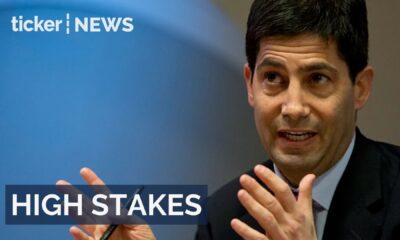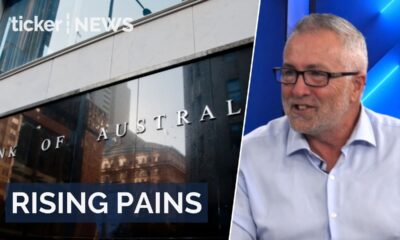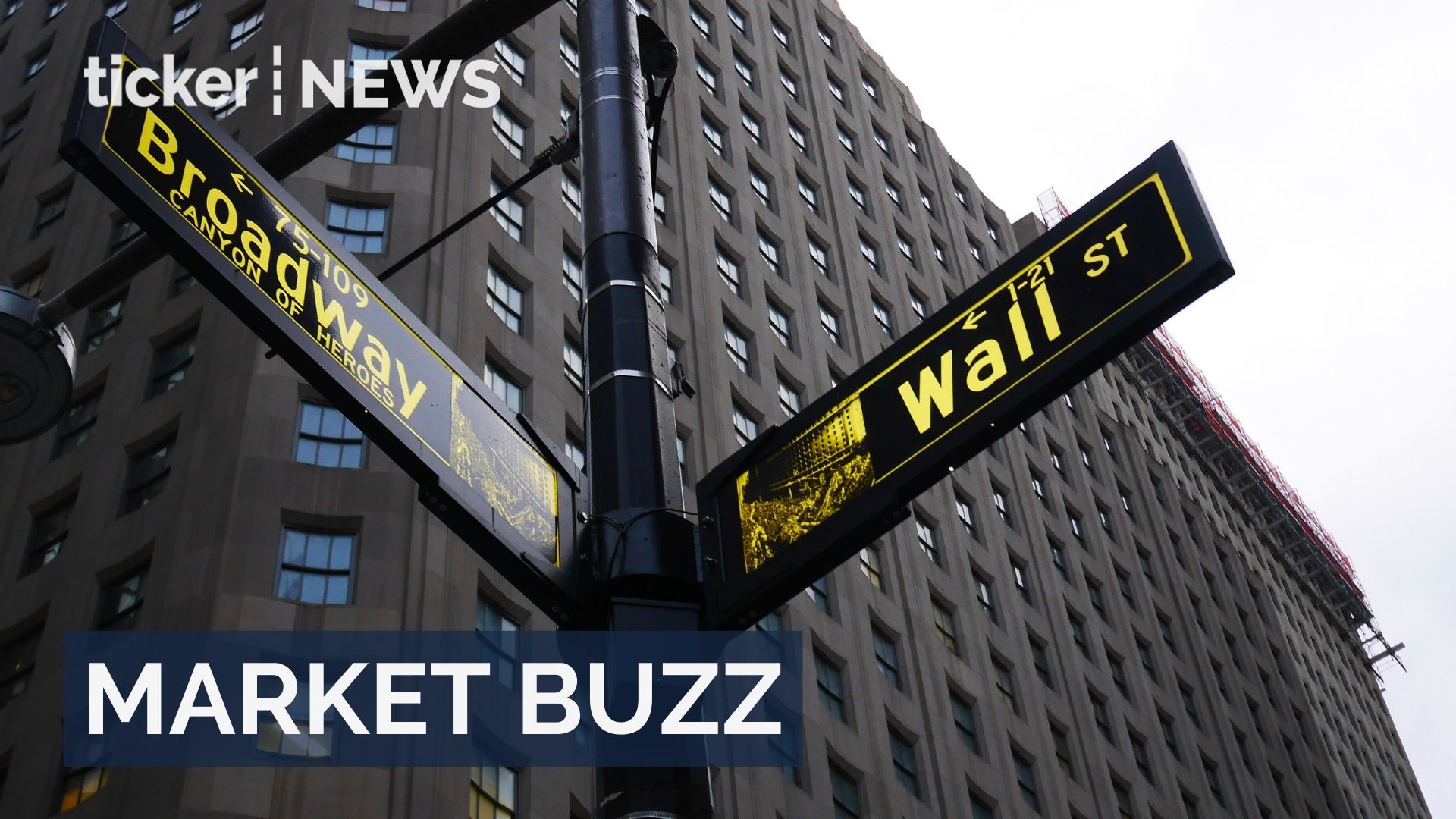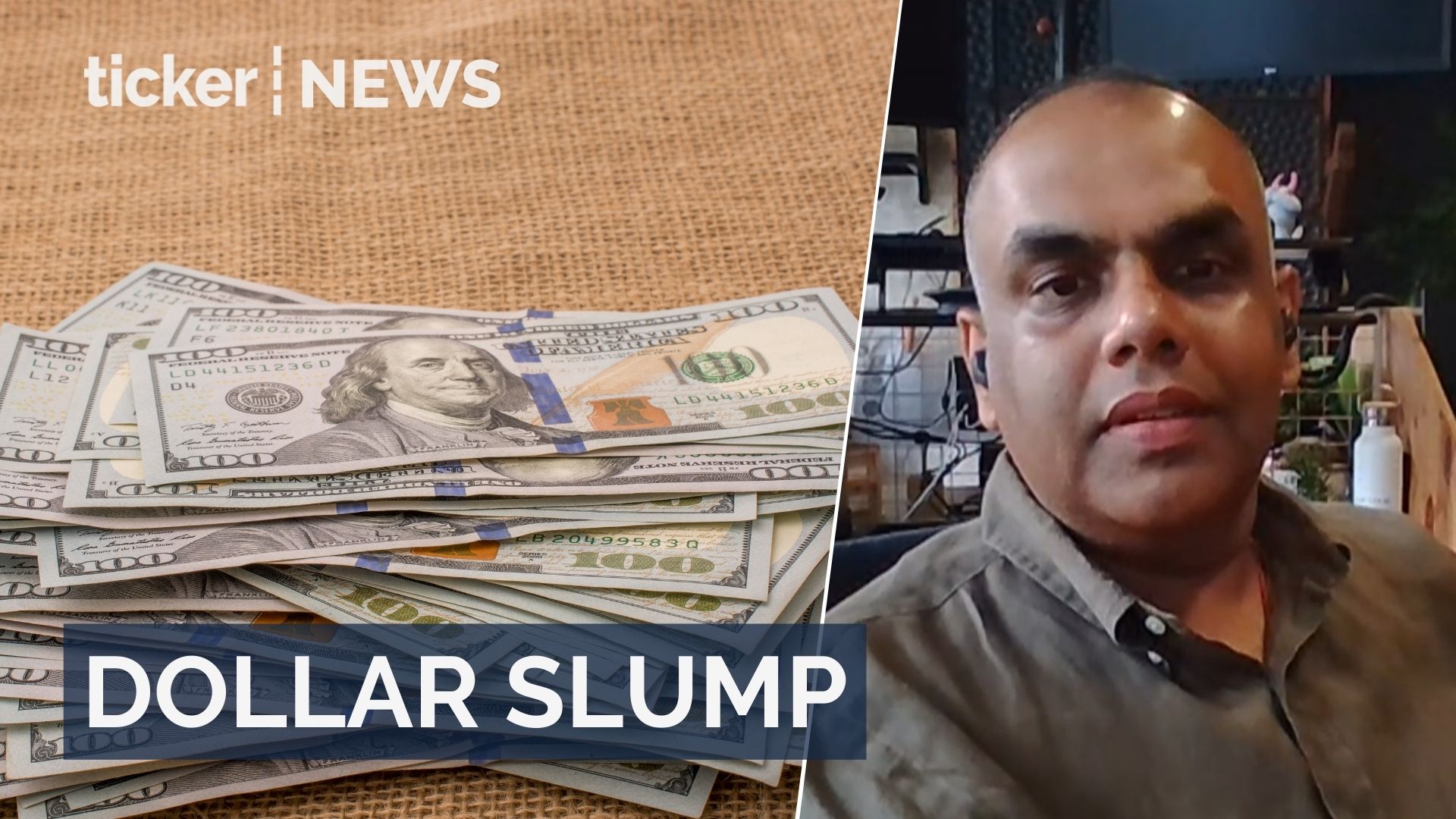Money
Trump’s “Liberation Day” tariffs could escalate trade tensions
Trump’s reciprocal tariffs set for “Liberation Day” on April 2 could escalate trade war and impact global markets.

Money
Australia’s inflation hits 3.8%: Budget decisions under pressure
Australia’s inflation hits 3.8%, raising concerns for households; Dr. Enticott discusses implications for everyday Australians and economic planning.
Money
Wall Street gains momentum amid tech and earnings surge
U.S. stocks rose Monday, driven by Oracle gains, as investors overlooked recent silver and bitcoin losses ahead of earnings week.
Money
U.S. dollar weakens while Australian dollar rises amid global market shifts
-



 Tech1 day ago
Tech1 day agoNvidia and Amazon explore massive OpenAI funding round
-



 Shows1 day ago
Shows1 day agoHow AI is transforming real estate investment strategies
-



 News4 days ago
News4 days agoBig Tech earnings spark investor unease over AI spending
-



 Money4 days ago
Money4 days agoU.S. dollar weakens while Australian dollar rises amid global market shifts
-



 Ticker Views3 days ago
Ticker Views3 days ago3 things to know about Kevin Warsh, Trump’s nod for Fed chair
-



 Money4 days ago
Money4 days agoWall Street slides as AI spending raises investor concerns
-



 Money6 hours ago
Money6 hours agoWall Street gains momentum amid tech and earnings surge
-



 Money3 hours ago
Money3 hours agoAustralia’s inflation hits 3.8%: Budget decisions under pressure






